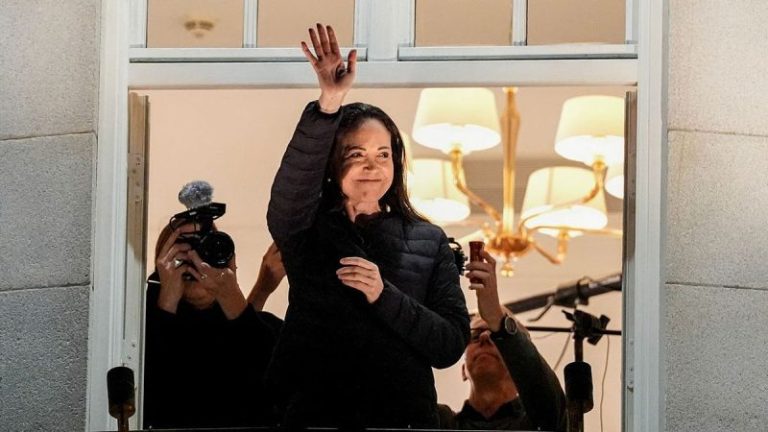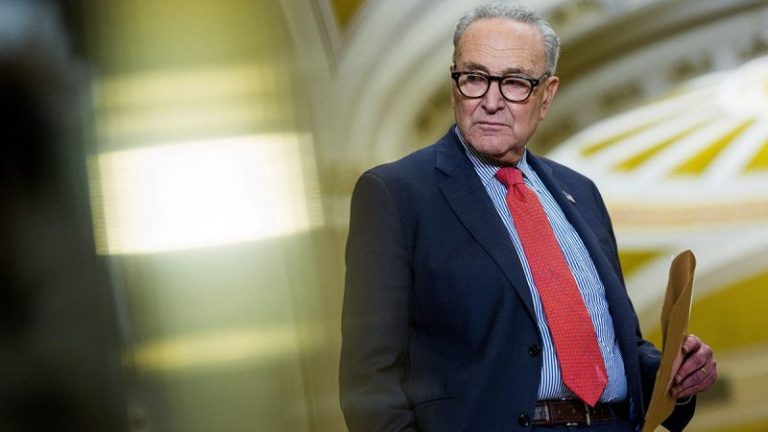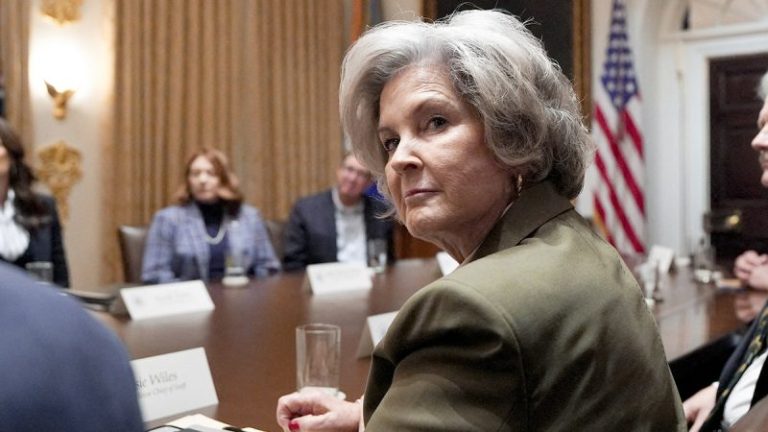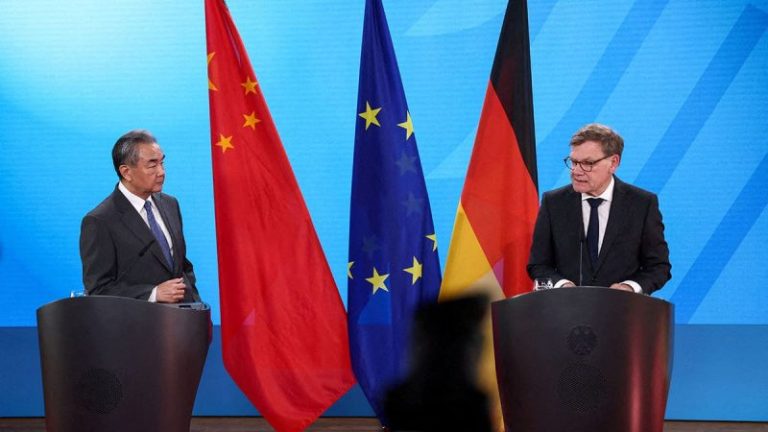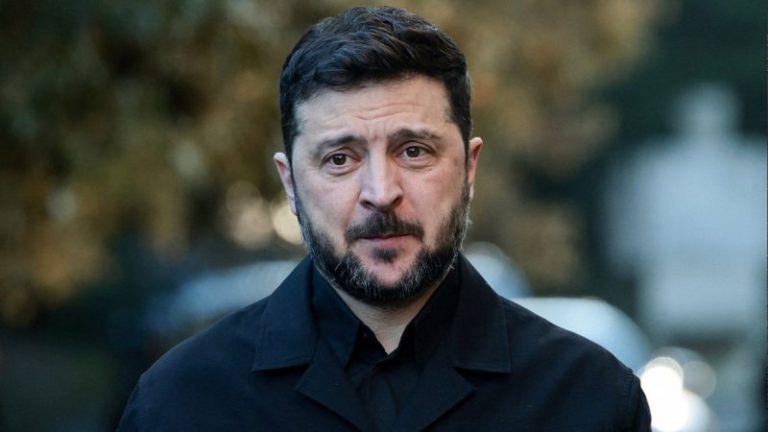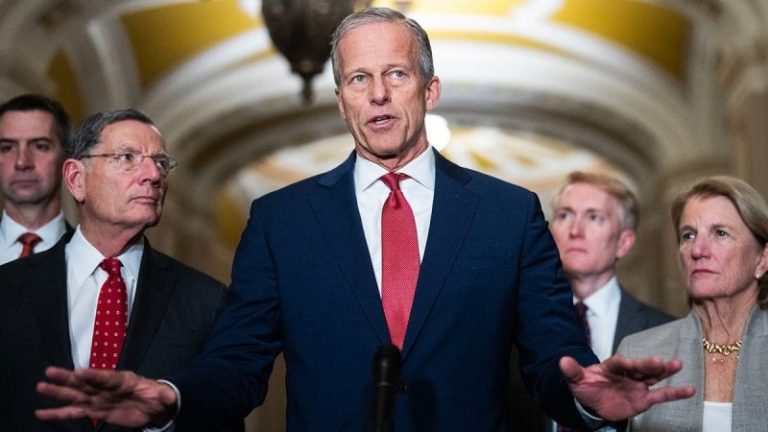Venezuelan opposition leader María Corina Machado appeared in public Thursday for the first time in 11 months in Norway as her daughter accepted the Nobel Peace Prize award on her behalf.
Machado had been in hiding since Jan. 9, when she was briefly detained after joining supporters in Venezuela’s capital, Caracas. Her recognition came after mounting a peaceful challenge to Venezuelan President Nicolás Maduro’s government.
The crowd chanted, ‘Freedom!’ as Machado stepped onto the hotel balcony in Oslo, Norway, and waved to her supporters before joining them in singing Venezuela’s national anthem.
In an audio recording of a phone call published on the Nobel website, Machado said she wouldn’t be able to arrive to Oslo in time for the award ceremony, but that many people had ‘risked their lives’ to get her there.
‘I am very grateful to them, and this is a measure of what this recognition means to the Venezuelan people,’ she said.
Her daughter, Ana Corina Sosa, accepted the Nobel Prize in her place, saying that her mother ‘wants to live in a free Venezuela’ and ‘will never give up on that purpose.’
‘That is why we all know, and I know, that she will be back in Venezuela very soon,’ Sosa added.
Outside the hotel, Machado interacted and hugged people in the crowd, as they snapped pictures and sprinkled her with chants of ‘President! President!’
‘I want you all back in Venezuela,’ Machado said.
Machado’s appearance came after President Donald Trump on Wednesday announced the U.S. seized a Venezuelan oil tanker, a move that could further strain relations with Maduro’s government, which already is subject to extensive U.S. sanctions targeting the country’s oil sector.
Since September, U.S. military strikes have targeted alleged narcotraffickers near Venezuela at least 22 times, killing 87 people. Trump has also recently said Maduro’s ‘days are numbered’ and refused to rule out a ground operation in Venezuela.
Steve Yates, senior research fellow for China and national security policy at The Heritage Foundation, said on ‘Fox News @ Night’ on Wednesday thatMachado’svisitoverseaswas an opportunity to get ‘greater international support’ for her cause, adding that Trump might benefit from having more of America’s allies in Europe support a ‘non-invasion’ approach.
The Venezuelan opposition leader has previously been outspoken in her support for the Trump administration’s actions against Maduro’s regime and the country’s narcotrafficking network.
After the award was announced in October, the newly minted Nobel Peace Prize winner dedicated the award to both Trump and the ‘suffering people of Venezuela.’
Machado said during a ‘Fox & Friends Weekend’ interview last month that Venezuela was standing at the ‘threshold of freedom,’ highlighting her new ‘freedom manifesto’ that envisions a future without the Maduro regime.
Fox News Digital’s Morgan Phillips and The Associated Press contributed to this report.

